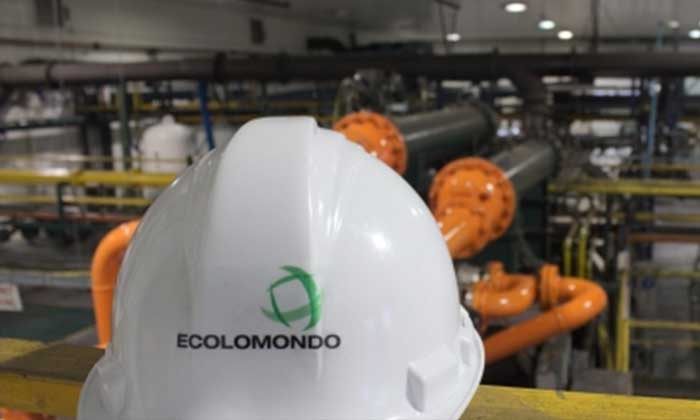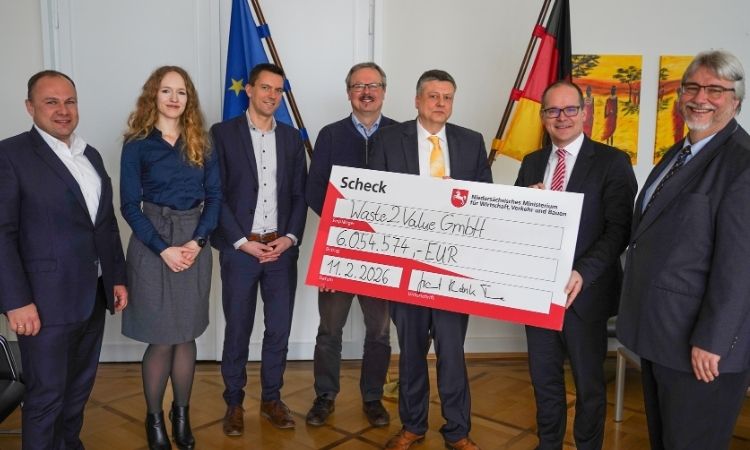Wastefront's Sunderland plant paves the way for sustainable aviation fuel in UK
Vianney Vales, CEO of Wastefront AS, a Norwegian company building a Waste-to-Fuel business in Sunderland, highlights the significance of Sustainable Aviation Fuel (SAF) in an interview with The Northern Echo.
The UK Government’s plan for 10 percent of all jet fuel to be SAF by 2030 is a major boost for the region’s green economy. The SAF mandate, set to become law in January 2025, faces challenges due to insufficient feedstock and high demand. Currently, global SAF supply is at two million metric tons, while demand is growing at 45 percent annually, with commitments from over 40 airlines.
Wastefront aims to produce low-cost SAF by converting waste tires into tire-derived oil (TDO) and then processing TDO into SAF. Their first commercial plant in Sunderland, set to start in 2026, will be one of Europe’s largest Waste-to-Fuel facilities, processing up to 80 million waste tires annually.
Vales states, “The SAF mandate is a significant step for UK aviation and the North East. Our Sunderland plant will bring ultra-low-cost sustainable aviation fuels to market, supporting the UK’s transition to sustainable air travel and addressing waste tire pollution.”
Construction of the Sunderland plant is set to begin in 2024, with full operation by 2026. The SAF produced will cut lifecycle carbon emissions by over 80%. Wastefront’s investment will create numerous skilled jobs and contribute to a new circular economy in the North East.
Matthew Hunt, director at Port of Sunderland, adds, “The production of SAF presents significant opportunities for the North East, positioning the region to capitalize on the growing demand for sustainable fuels.”
Read the full interview with Vianney Vales in The Northern Echo for more insights.
Weibold is an international consulting company specializing exclusively in end-of-life tire recycling and pyrolysis. Since 1999, we have helped companies grow and build profitable businesses.









